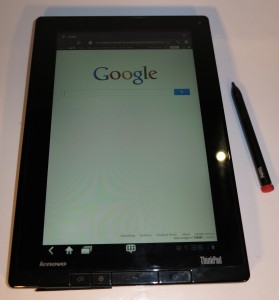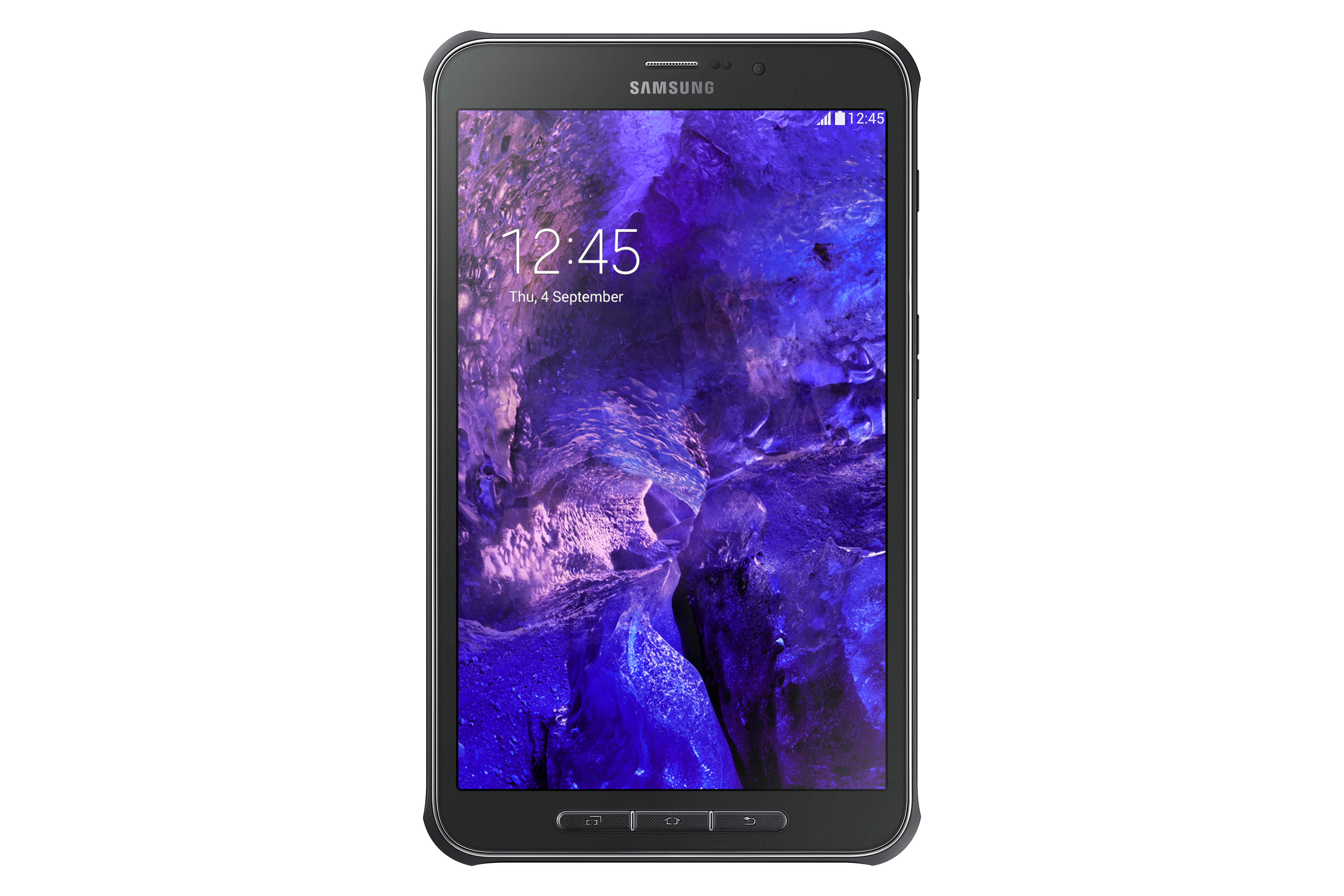Article
Will The New Wave Of Prosumer Tablets Beat The iPad In The Enterprise? | ZDNet
My Comments
A trend that has been occurring over the past year or two regarding workplace computing is the implementation of consumer and “prosumer” tablet computers in this environment.
This has been underscored by the concept of “BYOD” and “consumerisation of IT” where technology hardware that is owned by employees is used to fulfill work tasks with this hardware existing under the control of the employees. This situation occurs commonly in a small business’s office environment but is being viewed with worry in medium and large businesses who are used to a company-supplied fleet of computers managed by an in-house IT team.
Issues that are commonly raised include the security of the workplace data held on the device and a desire to have a device that is manageable to company policies. This is especially where there is a “Bring Your Own Device” scenario where the employee buys and owns their device and uses it in the workplace.
Even hardware manufacturers are answering this trend through equipment like the Lenovo ThinkPad Tablet, and the Samsung Galaxy Note 10.1, both of which are equipped with styluses for rapid data entry as well as support for manageability.
Similarly. Microsoft and Apple are intending to court this market through the development of hardware and software that answers business needs like data security and system manageability.
Relevance to the small business
The large-business management options may be considered important for those businesses that have a solution provider or value-added reseller satisfying their IT needs. This is more so with retail and food / beverage / hospitality industries who implement computerised point-of-sale or similar systems. Here, a cafe or restaurant who have their waitstaff taking customer orders at the table could benefit from tablet computers used for order entry.
It is also worth knowing that some of these tablets have been known to be cheaper in many ways to repair than the Apple iPad. This could be evident both in the increased availability of OEM and third-party spare parts as well as the increased access to expertise when it comes to repairing these units.
But any of these tablets can be relevant to the small business not just for jotting down notes, having reference material on hand or using them as a secondary communications-service terminal. Once loaded with the appropriate software or pointing to the appropriate Web resources, these units would come in handy for long-form data entry such as medical applications or surveys or frequent order entry like the aforementioned food and beverage industry.
A stylus can be a valuable option, if not a requirement if you are expected to do data entry using the tablet. This means that you can quickly “pick” options or “type” on the keyboard. Some devices may even recognise handwriting using this stylus.
For some small businesses, the tablet computer with its touchscreen is a valid trend to observe and, where relevant, implement. Similarly, the idea of “bring your own” IT is not new news in small operations but the manageability of this concept can be investigated when the business becomes larger or deals with a solution provider whom assists with the IT needs.



